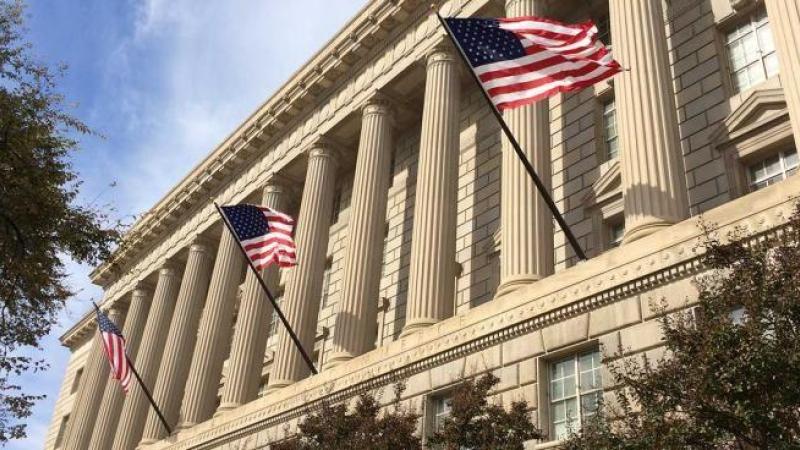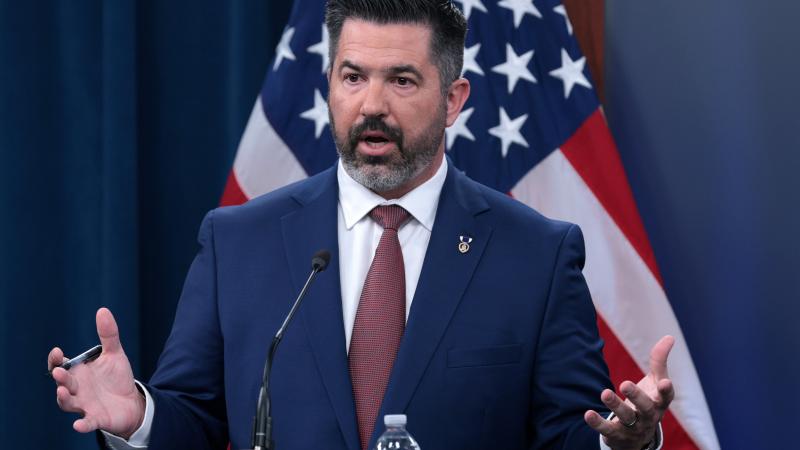Rail workers poised to strike in nine days, amid long, unsettled contract dispute with railroads
The strike has the potential to create substantial problems for the U.S. economy and its already challenged supply chain.
Roughly 115,000 rail workers are set to strike Sept. 16 if they cannot agree to a new contract with railroad companies.
The strike has the potential to create substantial problems for the U.S. economy and its already challenged supply chain.
The strike also threatens to create problems for holiday shopping and in the more short term create enough havoc in the domestic economy that it could impact the November midterm elections, according to The Hill newspaper.
A White House-appointed panel has issued collective bargaining recommendations to end years of contentious negotiations and states Sept. 16 is the first day rail workers can strike.
Only five of the 13 unions representing rail workers have reached tentative agreements with railroads to enact the Presidential Emergency Board recommendations, which call for a 24% pay raises, back pay and cash bonuses.
More than 9 in 10 railroad workers would vote to reject the PEB recommendations and go on strike, according to a recent survey from the Railroad Workers United, which represents rank-and-file railroaders.
Federal law gives Congress the power to block or delay a railroad strike. If workers were to walk out, lawmakers could vote to enact the PEB deal or appoint arbitrators to fast-track a new contract, among a range of other options, The Hill also reports.
















